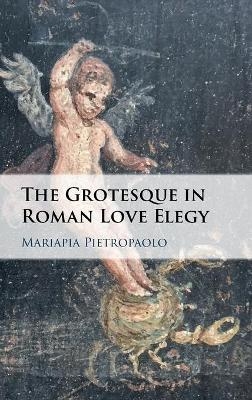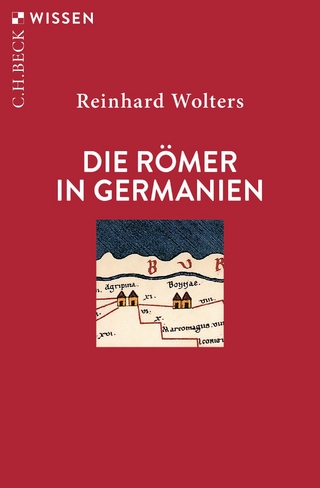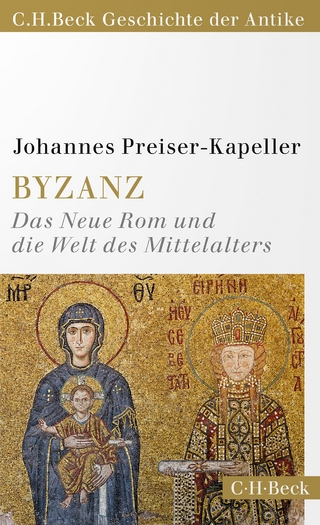
The Grotesque in Roman Love Elegy
Seiten
2020
Cambridge University Press (Verlag)
978-1-108-48869-3 (ISBN)
Cambridge University Press (Verlag)
978-1-108-48869-3 (ISBN)
Explores the theme of corporeal, intellectual, and social degradation in Latin elegy from the vantage point of its aesthetic of grotesque imagery. Shows how and why the simultaneous occurrence of feelings of repugnance and admiration is a fundamental aesthetic premise of the genre.
Roman elegy makes frequent use of themes of ugliness and disfigurement, juxtaposing them with images of ideal beauty and sentiment. In order to overcome the obstacles to his erotic relationship, the poet-lover repeatedly represents his rivals and opponents in such a way as to ridicule their appearance and to degrade their social standing. This book explores the theme of corporeal, intellectual, and social degradation from a perspective attentive to the aesthetic significance of the grotesque imagery with which such degradation is accomplished. Although there has been sophisticated discussion of the use of grotesque imagery in genres like comedy, invective, and satire, which are concerned in part with themes of transgression and excess, Mariapia Pietropaolo demonstrates that the grotesque plays a significant role in the self-definition of love elegy, the genre in which it is least expected.
Roman elegy makes frequent use of themes of ugliness and disfigurement, juxtaposing them with images of ideal beauty and sentiment. In order to overcome the obstacles to his erotic relationship, the poet-lover repeatedly represents his rivals and opponents in such a way as to ridicule their appearance and to degrade their social standing. This book explores the theme of corporeal, intellectual, and social degradation from a perspective attentive to the aesthetic significance of the grotesque imagery with which such degradation is accomplished. Although there has been sophisticated discussion of the use of grotesque imagery in genres like comedy, invective, and satire, which are concerned in part with themes of transgression and excess, Mariapia Pietropaolo demonstrates that the grotesque plays a significant role in the self-definition of love elegy, the genre in which it is least expected.
MARIAPIA PIETROPAOLO is an Assistant Professor in the Department of Classics at McMaster University.
Preface; Acknowledgements; List of Abbreviations; 1. Premises and Expectations of the Elegiac Grotesque; 2. Context and Prehistory of the Elegiac Grotesque; 3. Cynthia and the Grotesque Ethos; 4. The Ovidian Unmasking of the Elegiac Grotesque; 5. Revolting and Refined: The Aesthetic Function of Acanthis; 6. Grotesque Hermeneutics of the Lena in Tibullus and Ovid; 7. The Rival: A Vir Foedus; 8. Pasiphae and the Allurement of the Grotesque; 9. Ovid's Remedia and the Waning of the Elegiac Grotesque; List of References
| Erscheinungsdatum | 10.09.2020 |
|---|---|
| Zusatzinfo | Worked examples or Exercises |
| Verlagsort | Cambridge |
| Sprache | englisch |
| Maße | 160 x 235 mm |
| Gewicht | 500 g |
| Themenwelt | Geschichte ► Allgemeine Geschichte ► Altertum / Antike |
| Geisteswissenschaften ► Sprach- / Literaturwissenschaft ► Anglistik / Amerikanistik | |
| Geisteswissenschaften ► Sprach- / Literaturwissenschaft ► Literaturwissenschaft | |
| ISBN-10 | 1-108-48869-2 / 1108488692 |
| ISBN-13 | 978-1-108-48869-3 / 9781108488693 |
| Zustand | Neuware |
| Haben Sie eine Frage zum Produkt? |
Mehr entdecken
aus dem Bereich
aus dem Bereich


